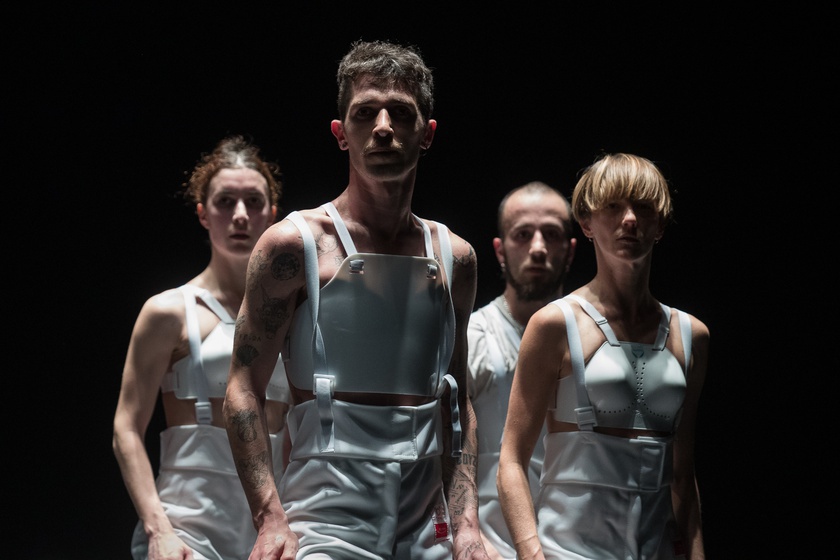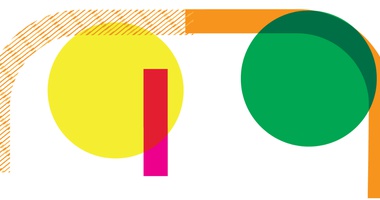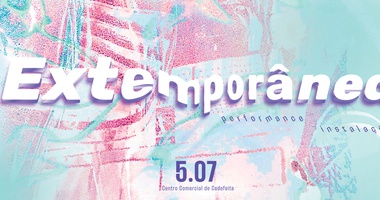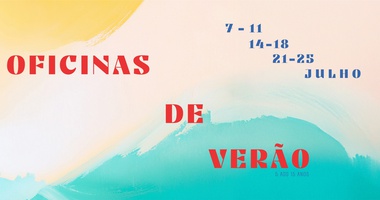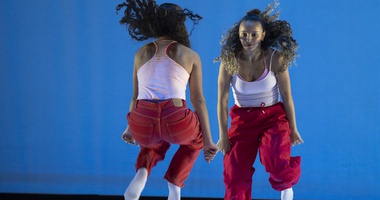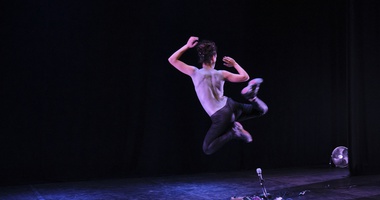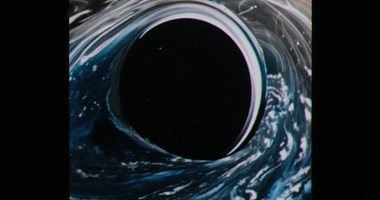DISTANTE - PAISAGENS, MÁQUINAS, ANIMAIS -NÉ BARROS
Cineteatro de Amarante
Existem formas de combate que evoluíram para a dimensão de jogo, tal como a esgrima. Ao longo da peça Distante, terceira da série Paisagens, Máquinas e Animais, os bailarinos são jogadores, convocam a técnica como forma evoluída de nos relacionarmos no corpo a corpo. O corpo-máquina deverá, sobretudo, seguir esta linha, ser capaz de moldar o instinto e dar-lhe uma nova vida ética. A máquina, neste sentido, é a possibilidade de através da técnica e do tecnológico, expandir o corpo e o lugar sem o territorializar. Uma mensagem antiguerra se quisermos... Distante pela dimensão ética perante o outro, distante por um tempo pautado pela repetição, um tempo maquinal usado sobretudo para rememorar. A motivação para fazer uma série de projetos em torno das paisagens, máquinas e animais, surge da necessidade de pensar uma peça que não se esgotasse num único espetáculo, mas que pudesse dialogar com outras obras. A recorrência da paisagem e do corpo como paisagem nos meus projetos, mesmo não sendo sempre de uma forma óbvia, determinou este ciclo de trabalho que se iniciou com IO, prosseguirá com Neve e terá a terceira parte com Distante. Esta aventura ficcional, deve resultar num diálogo inter-peças e intra-peça. Paisagens, Máquinas e Animais, os conceitos aqui envolvidos, evidenciam três pontos de fuga na definição do humano e, simultaneamente, abrem-se como categorias para pensar o corpo performático. Em todas as peças, estas dimensões estão presentes e se cruzem, embora, o ponto de partida para cada uma se situe, respetivamente, em cada uma das dimensões. Se em IO o corpo convoca o animal e o mitológico, o primitivo e o tecnológico, em Neve, emerge a paisagem nas suas variantes, ou seja, paisagem como o fora, o exterior, o indivíduo como paisagem inteligente, a paisagem emotiva e sonora, a imagem filmada como paisagem narrativa. Em Distante, partimos da ideia de um corpo-máquina que permita trabalhar nesse paradoxo do distante-próximo e que parte da técnica como ferramenta fundamental de humanização. — Né Barros
---
NÉ BARROS
Né Barros é coreógrafa, bailarina e investigadora. Nos seus projetos colabora regularmente com artistas visuais, fotógrafos, realizadores de cinema, encenadores e músicos. Formou-se em dança clássica, trabalhou em dança contemporânea e composição coreográfica nos EUA. É investigadora no Instituto de Filosofia da Universidade do Porto. É Professora na ESAP – Escola Superior de Artes do Porto e convidada em diversas instituições. Doutorada em Dança, Master in Dance Studies. Estudou Teatro. Cofundadora do Balleteatro e diretora artística do Family Film Project.
---
NÉ BARROS
Né Barros é coreógrafa, bailarina e investigadora. Nos seus projetos colabora regularmente com artistas visuais, fotógrafos, realizadores de cinema, encenadores e músicos. Formou-se em dança clássica, trabalhou em dança contemporânea e composição coreográfica nos EUA. É investigadora no Instituto de Filosofia da Universidade do Porto. É Professora na ESAP – Escola Superior de Artes do Porto e convidada em diversas instituições. Doutorada em Dança, Master in Dance Studies. Estudou Teatro. Cofundadora do Balleteatro e diretora artística do Family Film Project.
Julho 2025
Setembro 2025
